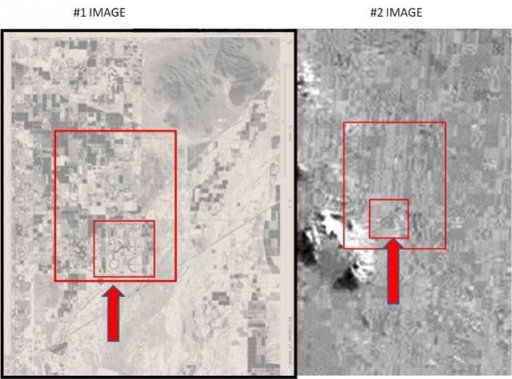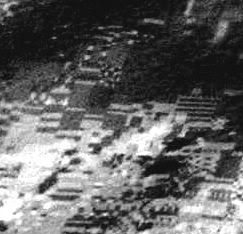Interesting thread on ATS, from a young woman brought up in an apocalyptic Christian cult, who left it, but then was later sucked back into the world of fear-based reasoning.
It would be great to have a place where people could go read about these experience, maybe I should start a section here, to index existing stories, and to have a place for new ones.
I think the experiences of former believers, truthers, purveyors of bunk, and customers of bunk, can be very enlightening - both to those stuck in the world of bunk, but looking for a way out, and to those who fight bunk.External Quote:http://www.abovetopsecret.com/forum/thread837351/pg1]Fast-foward to '07, where I somehow managed to stumble across some 'alternative' news forums. Now I should have been smarter then because of my previous experiences, but because I had this unquenchable thirst for knowledge, I launched myself headfirst into the crazy world of conspiracies.
I didn't know how to filter out the nonsense. Alex Jones, David Icke, Wilcock, you name them, if they were on the forum I would read the information. I just absorbed absorbed and absorbed until one day I had the worst 6 hour panic attack. I have never experienced anything like it again and hope I never will. All of these crazy threads from unverifiable sources about Martial Law, the New World Order, FEMA camps, HAARP, Chemtrails, etc. started having a terrible effect on my subconscious. Consciously everything was fine or so I thought, but my mind was just absorbing all of this negative information to the point where I started feeling paranoid about everything. Suddenly I realized I was back to my childhood and all that nonsense that had tried to keep me so wrapped up in fear to even step out my front door!
It would be great to have a place where people could go read about these experience, maybe I should start a section here, to index existing stories, and to have a place for new ones.


